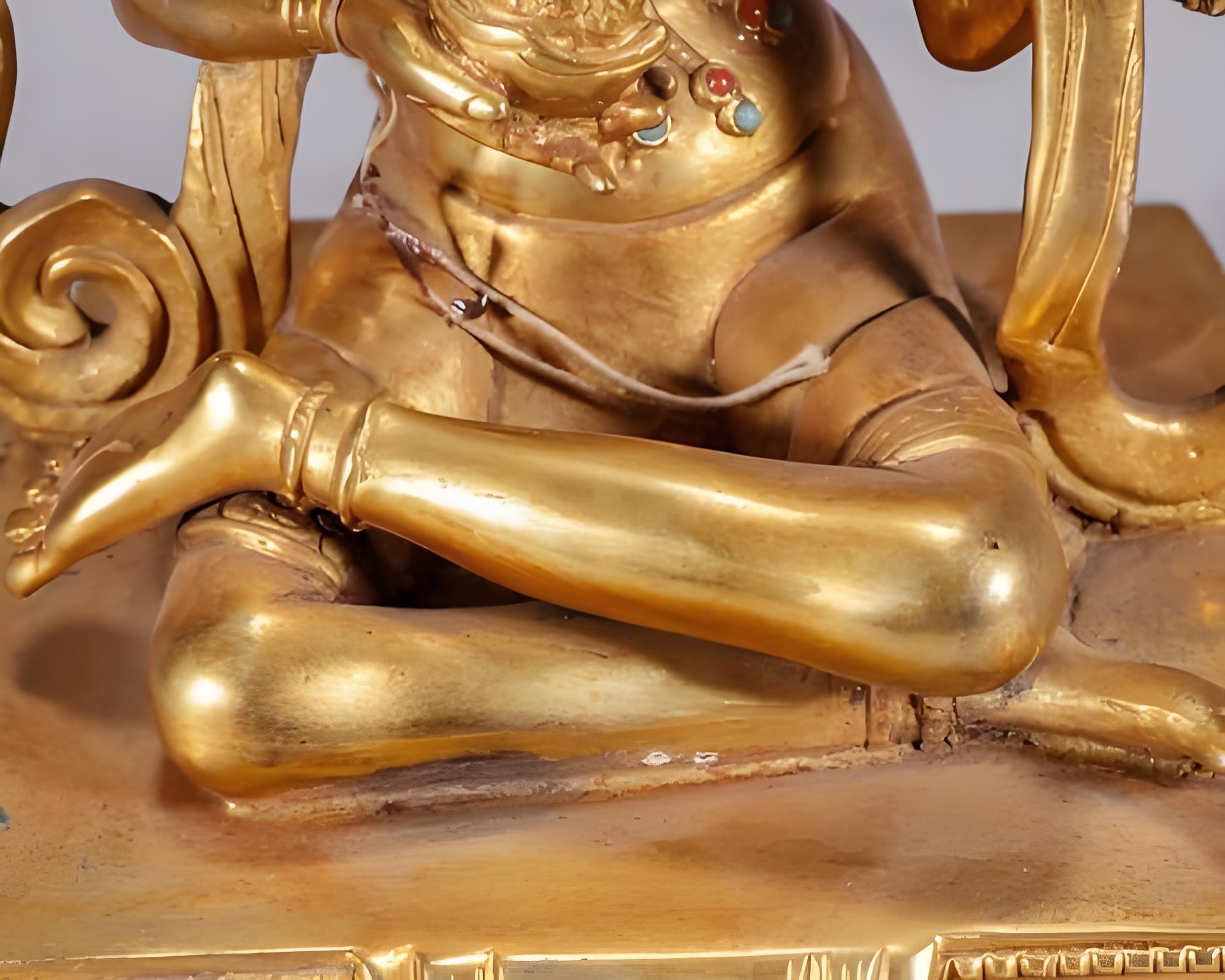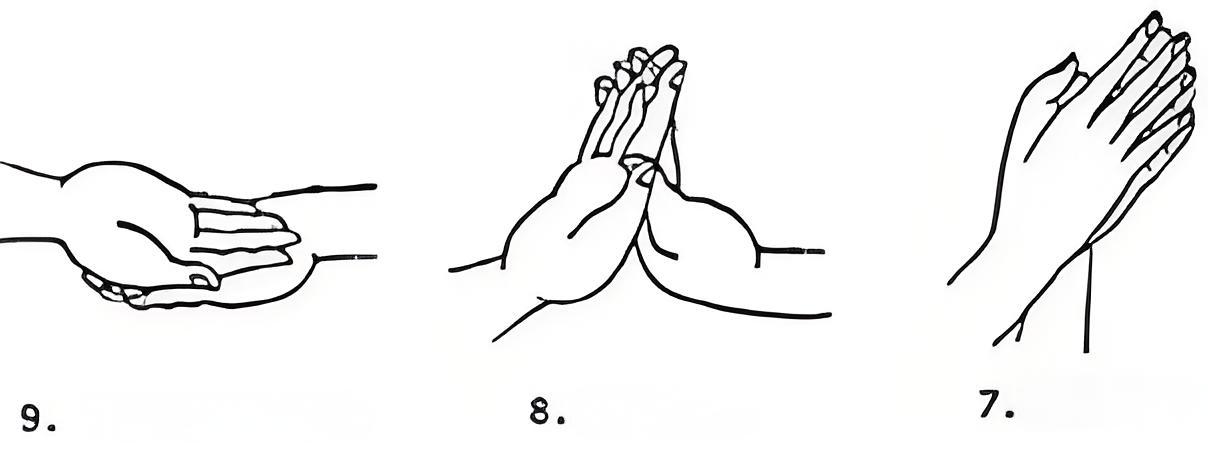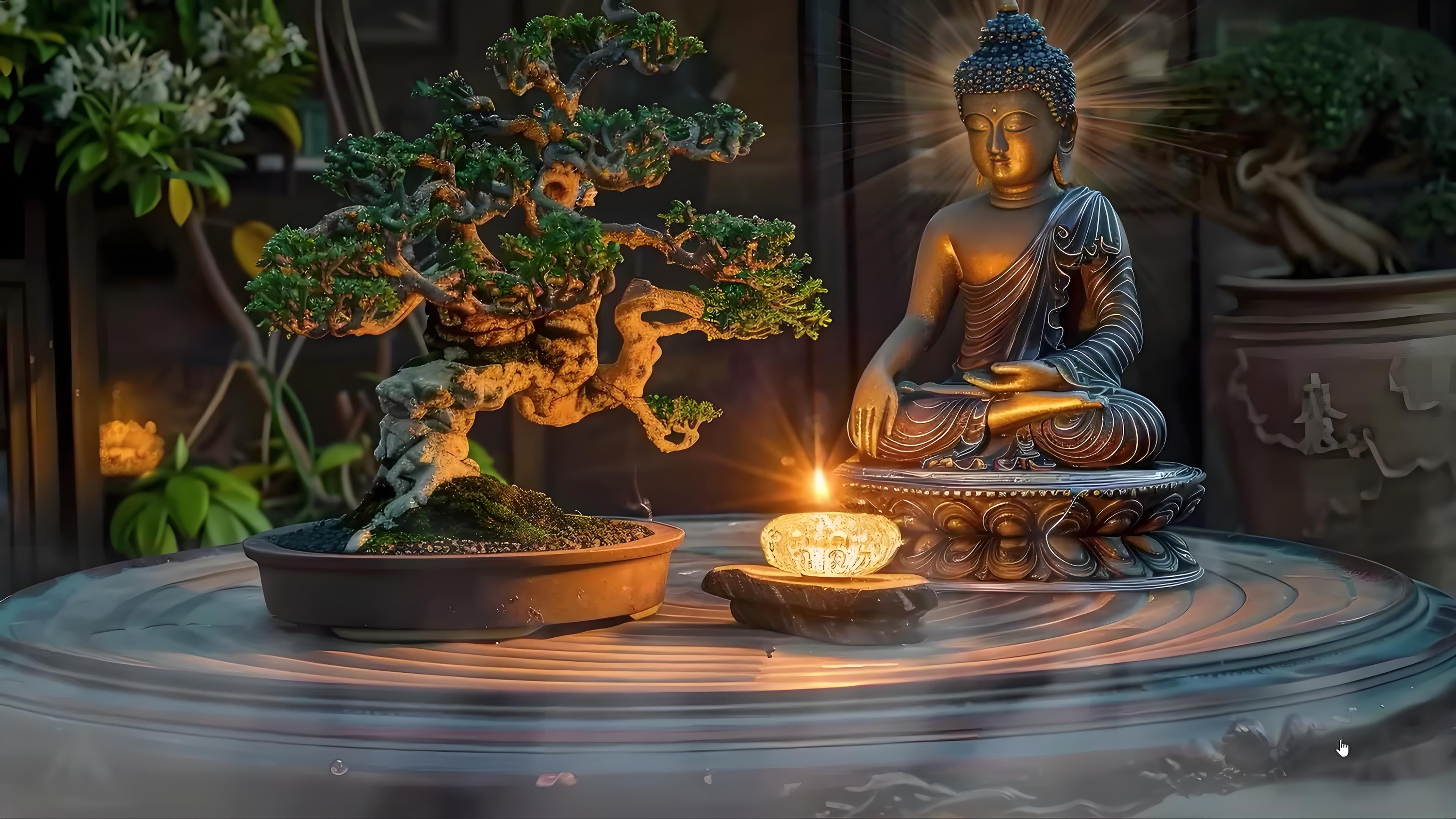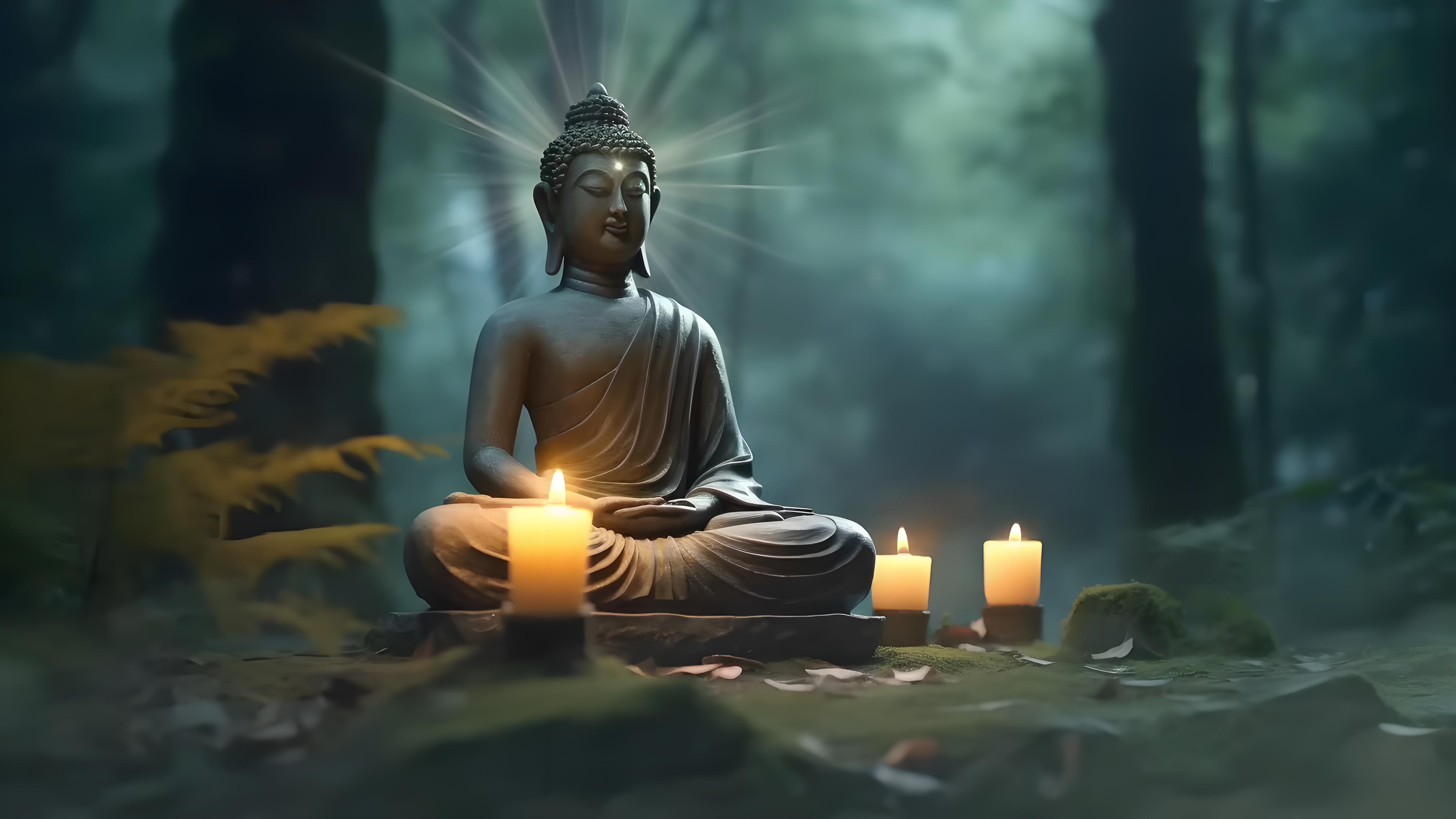type
status
date
slug
summary
tags
category
icon
password
AI summary

The Ksitigarbha Temple in Chiayi has a rich history spanning 302 years. It all began when someone brought back a sacred statue of Ksitigarbha Bodhisattva from Mount Jiuhua in Anhui, China. They built a temple to enshrine it, and for centuries, it has been a place of worship with many tales of miraculous events.
Lin Dengzhang's Wrongful Imprisonment and His Wife's Sacrifice
About a hundred years ago, there lived a man named Lin Dengzhang. He resided about ten miles from Chiayi and was known for his upright character. Unfortunately, he fell victim to false accusations and was thrown into prison. His wife, desperate to prove his innocence, exhausted all their savings seeking help from various sources, but to no avail.
Eventually, she learned that the officials demanded forty taels of silver for her husband's release. In a heart-wrenching decision, she sold their only son for forty taels. The middleman took three taels as a fee, leaving her with thirty-seven. Even then, she wasn't sure if it would be enough to free her husband. Each time she visited him in prison, she faced abuse and difficulties from the guards, who always demanded bribes. As the saying goes, "Those who rely on the mountain eat from the mountain, those who rely on water eat from the water." This was true for anyone dealing with the courts or government offices - without money, even those with a just cause couldn't enter.
Mrs. Lin always had to put on a smile, speak politely, and offer small gifts just to see her husband. On the day she went to pay the ransom, she bought some betel nuts as gifts for the jailers. While paying for the nuts, she accidentally dropped the pouch containing the thirty-seven taels of silver, unaware of her loss.
When it came time to hand over the money, she realized the pouch was missing. She stood there, frozen in shock, unable to even cry. She had sold her beloved son to free her husband, and now the money was gone. Her husband would remain in prison, her son was sold, and she saw no way out but to end her life. Before giving up entirely, she decided to retrace her steps one last time, knowing that if she couldn't find the money, suicide would be her only option.

The Poor Beggar's Honesty
On Buji Street in Chiayi City, now known as Guangming Road, there was a small temple dedicated to the Earth God. A poor beggar named Xu Liangsi lived there. He was not only impoverished but also physically disabled, with paralyzed legs that forced him to move by scooting along the ground. During the day, he would beg on the streets, and at night, he'd return to sleep in the Earth God's temple.
On that fateful day, while begging on the main street, Xu saw a woman hurriedly buying betel nuts at a stall, dropping her money pouch as she rushed away. He inched his way over and picked up the pouch. He wanted to return it to her but couldn't catch up due to his disability. His shouts went unheard. Sitting there, he opened the pouch and counted thirty-seven taels of silver.
The beggar had never seen so much money! He was startled at first but didn't think of keeping it for himself. Instead, he worried about the woman's hurried demeanor, sensing she must have been dealing with something important. He decided to wait there in case she came back, fearing she might take her own life if she couldn't find the money. After a long wait, he finally saw a woman frantically searching the ground, looking distressed.
Realizing she must be the owner, he tugged at her clothes to get her attention. Thinking he was asking for money, she snapped at him, "I'm about to die from worry, I don't have money to give you. Go away, I need to find what I've lost."
Despite her harsh words, Xu gently asked, "Madam, what have you lost that's causing you such distress? Perhaps I can help."
His words brought her back from the brink of despair. "Really?" she asked, hopeful.
He replied, "Of course. I found something. If you can describe it, I'll return it to you."
Anxiously, she said, "I lost a cloth pouch containing thirty-seven taels of silver. It's money from selling my son. My husband was falsely accused and imprisoned. We need forty taels for his release. I had no choice but to sell our son. The middleman took three taels, and I was already worried it wouldn't be enough. Now I've lost it all. Without this money, I can't free my husband, and I've lost my son too. I have nothing left to live for." She broke down in tears.
By this time, a small crowd had gathered, curious about the commotion. Without hesitation, Xu said, "Don't worry. I found the money you dropped when you were buying betel nuts. I couldn't catch up to you because I can't walk, and you didn't hear me calling. So I waited here for you to return. Here's your money, please count it to make sure it's all there." The beggar handed over the silver and quietly moved away.
Mrs. Lin was overjoyed to have her money back but in her excitement, she forgot to ask the beggar's name. She rushed off to the government office to secure her husband's release.
When the officials learned that the money came from selling her son, and that a poor beggar had returned it without taking a single coin, their consciences were stirred. How could they, in good conscience, take money obtained through such sacrifice, especially when even a destitute beggar showed such honesty? Moved by Xu's noble act, they decided to release Lin Dengzhang without charge.
After his release, Lin learned about his son being sold and the beggar's good deed. After paying for various expenses, they tried to find the beggar but couldn't locate him. Eventually, they rented a shop on Buji Street and started a hardware business to make a living.

A Good Deed Rewarded: The Disabled Man Healed
Xu the beggar returned to the Earth God's temple and spent the night there. The next day was the Qingming Festival, so he headed to the public cemetery outside the city to beg for red turtle cakes offered as ancestral sacrifices. Due to the long journey, rain, and his slow pace, he arrived back at the city gates after they had closed (at that time, Chiayi had four city gates). With no other option, he sought shelter at the nearby Ksitigarbha Bodhisattva Temple (now located at 81 Minquan Road). He humbly asked the temple keeper for permission to sleep in front of the Buddha statue for one night, and the keeper, recognizing Xu, agreed.
However, in the middle of the night, Xu suddenly started screaming in the main hall, as if someone was trying to kill him. The temple keeper, thinking Xu was having a fit, scolded him twice, but the cries continued. Annoyed by the disturbance that kept him awake all night, the keeper planned to chase Xu away in the morning. When he woke up, he found Xu still sound asleep. He woke him up angrily, demanding to know why he had been shrieking all night. To his shock, Xu jumped up and stood before him.
The temple keeper stumbled back in astonishment. How could this paralyzed man suddenly walk overnight? Upon questioning, Xu revealed that he had dreamed of Ksitigarbha Bodhisattva sending two small spirits - one tall and one short - to heal him. In the dream, one spirit held his upper body while the other forcefully stretched his paralyzed legs, causing him excruciating pain that made him cry out. Despite his screams, the spirits continued until he passed out. When he woke up, he found his legs functioning normally, much to his delight. The temple keeper, witnessing this miracle, could no longer be angry. Xu, realizing that Ksitigarbha Bodhisattva had healed him, knelt before the statue in tearful gratitude, kowtowing several times.

A New Life as a Water Carrier
After his miraculous recovery, many people came to congratulate Xu. However, this presented a new challenge for him. When he was disabled, he could beg for a living, but now that he was healed, he needed to find a way to support himself. With no money or skills, he had to be creative. Using what little money he had left, he bought two water buckets and began selling water. At that time, there was no running water, and wealthy households would hire water carriers to deliver water daily. Thus, Xu transitioned from a beggar to a water seller.
A Chance Encounter with His Benefactor
After his release from prison, Lin Dengzhang learned about the lost silver and the honest beggar who had returned it. He tried to find this savior but didn't even know his name. Living far in the countryside, they had no way of locating the beggar. Unable to repay this nameless benefactor, Lin felt deeply indebted. Over the next two or three years, as their hardware business flourished, their desire to find and thank their benefactor grew stronger.
One day, Xu Liangsi came to deliver water to the Lin household. Lin Dengzhang had never seen Xu's face before, so he didn't recognize him. At that time, women rarely left the house when male visitors were present, so Mrs. Lin had been hiding. By chance, she glimpsed Xu entering the kitchen and was struck by his resemblance to their benefactor. But she dismissed the thought, remembering that the beggar had been paralyzed and couldn't walk.
Puzzled by this for several days, Mrs. Lin finally told her husband, "The water carrier looks exactly like our benefactor, but he's not paralyzed. How can this be? Please invite him in tomorrow and talk to him. Find out what he did before becoming a water carrier."
The next day, when Xu delivered water, Lin Dengzhang invited him in for tea. He asked about Xu's name, his previous occupation, and his family. Xu, being honest, shared his story: "It's embarrassing to admit, but three years ago, I couldn't even walk, let alone carry water. I was paralyzed and had to beg for a living. Then, one Qingming Festival, I slept in the Ksitigarbha Bodhisattva Temple. I dreamed that the Bodhisattva sent two spirits to heal me. Since then, I've been able to walk and have supported myself by selling water."
At this point, Mrs. Lin emerged from her room. She and her husband knelt before Xu, calling him their benefactor and offering to kowtow to him. Startled and confused, Xu backed away, waving his hands in protest. Only after the Lins explained everything did he realize that his good deed three years ago had led to his miraculous healing by Ksitigarbha Bodhisattva. Amazed and delighted, they sat down to catch up on the years that had passed. When Xu tried to leave, the Lins absolutely refused to let him go.

Lin Dengzhang's Gratitude
The Lin couple sincerely said to Xu, "When you saved us, you didn't expect anything in return. But as the recipients of your kindness, we can't think that way. You're alone with no family or home. We need help in our shop. Please stay with us and be part of our family!"
From then on, Xu stopped selling water and lived at the Lin's hardware store, helping with the business. Within a few years, the Lin family's business thrived, and they acquired several properties. They tried several times to arrange a marriage for Xu, but he always refused. Mr. Lin, knowing Xu's straightforward nature, decided to let it be.
Years later, Lin Dengzhang received a letter from his uncle in Guangdong, asking him to return home to inherit the family business. His uncle was ill and unable to manage it. The couple decided to rush back to Guangdong to care for the uncle and take over the ancestral business. They left all their property under Xu's management, not daring to explicitly gift it to him, only asking him to oversee it. They assured him they would return soon, knowing he wouldn't accept it otherwise.
Xu kept hoping for the Lins' return, but they never came back. After several years, a letter arrived explaining their intentions. They had decided to stay and manage the ancestral business, gifting all their property to Xu. They urged him to marry and start a family. However, Xu never married, maintaining his role as a caretaker of the Lin family's assets.
Later, Xu left a will donating all the houses on Buji Street to the Earth God Temple, in gratitude for the shelter it provided him during his years of poverty. During his lifetime, he would visit the Ksitigarbha Temple outside the city on the first and fifteenth of every month to pay respects to Ksitigarbha Bodhisattva, thanking the Bodhisattva for healing him. It's said that after his death, sixty acres of land were taken over by the local government.
Conclusion
Both Xu and the Lins - one who helped without expecting anything in return, and the others who insisted on repaying kindness - are worthy of admiration and emulation. It's no wonder that the older generation in Chiayi still speaks of this story with great respect. It's said that Chiayi Provincial Councilor He Maoqu and others would pay their respects at the memorial tablets of Xu and the Lins during the spring and autumn festivals, admiring their character.
The author, along with Chen Ziqing, visited a private hospital on Guangming Road to see the memorial tablets of Xu and the Lins, as well as the Earth God statue from that time. They also located the site of the original Earth God temple where Xu had lived. When the neighbors learned of the author's interest in this story, they were eager to share what they knew about Xu and the Lins' past.
Loading...






